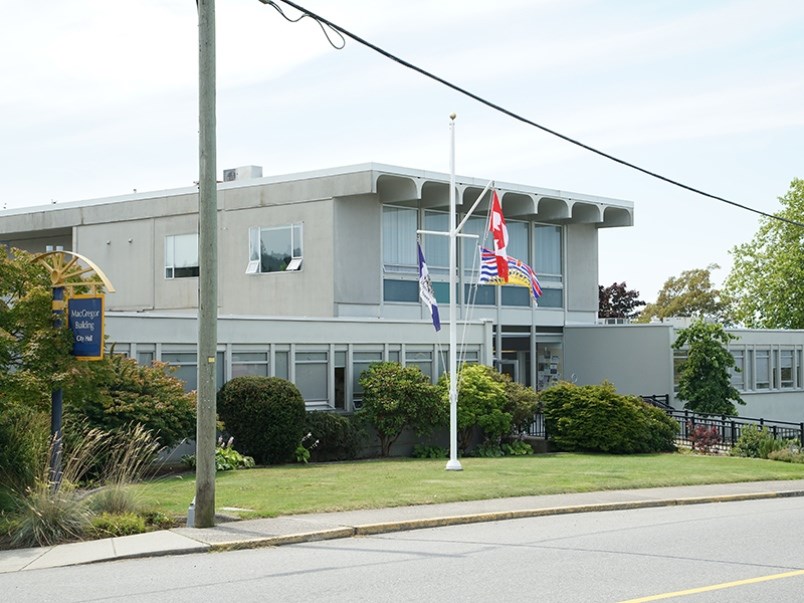City of Powell River wants to participate in a study that is designed to lead to helping city residents retrofit their homes to higher energy standards.
At the October 1 council meeting, councillors reviewed a recommendation to approve a Federation of Canadian Municipalities (FCM) community efficiency financing feasibility study grant application and allocate up to $15,000 from the climate action reserve fund to cover the city’s portion of the study costs.
Councillor CaroleAnn Leishman said the Government of Canada and FCM have launched a $300 million community efficiency financing initiative.
“We want to get in on the ground floor and get some of that money,” said Leishman. “This is to start off with a first step feasibility study, working toward eventually developing a program that would allow the municipality to assist homeowners doing energy retrofits to their homes.
“Currently, it would have to be through a lender, like First Credit Union or another financial institution, as the province is not going to allow what we have been advocating for, which is a local improvement finance model.”
Leishman said the study is a first step. She said it was great that the Canadian government and FCM have launched this funding initiative. She said there will be the feasibility study and the planning portion of the program, then the opportunity to apply for grant funding to assist in creating the program.
“It’s really great to be able to help our residents retrofit their homes to save money on utilities,” said Leishman. “Our buildings are huge greenhouse gas emitters and utility costs are going up. Where we can help people to reduce costs and greenhouse gas emissions is good.”
According to a staff report on the initiative, buildings account for the second largest portion of the community’s greenhouse gas footprint, amounting to 20 per cent of all community emissions. The report states these emissions correspond to substantial energy expenses, with Powell River residents collectively paying more than $8 million in annual energy costs.
The report states that with much of the housing stock constructed before the introduction of modern building codes, many homes have an opportunity to significantly improve energy performance, comfort and affordability.
While opportunities for improving energy efficiency in existing homes are plentiful, there are many barriers to residents improving the energy performance of their homes. The report stated not all homeowners can afford the upfront cost of energy efficiency measures, or have the time, expertise and resources to navigate the upgrade process.
The report advocates a program where the municipality works in partnership with a third-party lender such as a credit union, which is responsible for qualifying homeowners and underwriting loans. The report states that city staff have reached out to First Credit Union about this initiative and the credit union has expressed strong interest in exploring home energy retrofit financing options.
Based on discussions with the FCM program officer, staff is budgeting $75,000 for the program feasibility study. Since FCM covers 80 per cent of the study costs, the city’s portion of the funding is 20 per cent, or $15,000.



